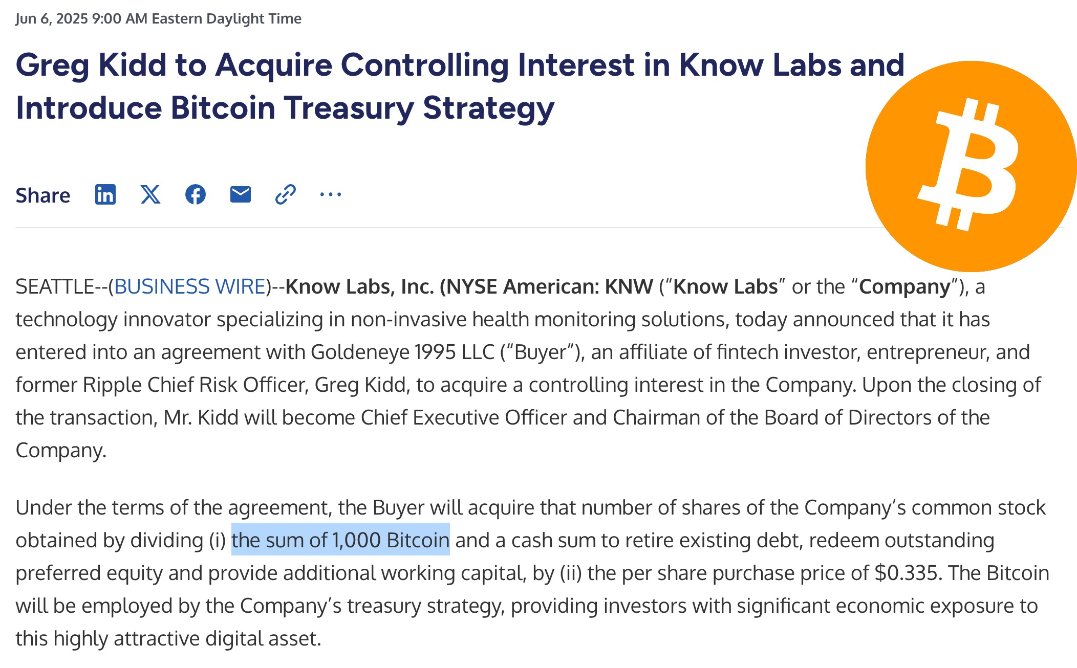
Bitcoin (BTC)
What tools does Nimbus offer for effortlessly monitoring Bitcoin?
Nimbus provides a user-friendly tracking solution equipped with intuitive tools to monitor Bitcoin effortlessly. These tools are specifically designed for user convenience, allowing individuals to stay seamlessly updated on the latest trends, prices, and information related to Bitcoin. Users can also explore the world of cryptocurrency effortlessly while simultaneously tracking Bitcoin prices. The platform also offers insights into profit and loss, providing a comprehensive experience without the complexity typically associated with monitoring cryptocurrencies.
How does Nimbus enable tracking Bitcoin prices with profit and loss?
Nimbus facilitates the tracking of Bitcoin prices with profit and loss through seamless integration with your crypto wallet for portfolio monitoring. By connecting with your crypto wallet, Nimbus provides a clear and comprehensive overview of various metrics, including profits, losses, revenue, expenses, return on investment (ROI), and other essential financial indicators. This integration ensures that users can analyze their cryptocurrency portfolio with precision, gaining valuable insights into their financial performance. With Nimbus, users can navigate the cryptocurrency landscape with a perfect blend of simplicity and sophistication, enhancing their ability to make informed investment decisions.
How does Nimbus analyze Bitcoin, and what insights does it provide?
Certainly! Nimbus possesses a robust analysis tool that is adept at evaluating and interpreting Bitcoin . The tool employs diverse strategies, including delving into metadata details, tracking marketplace data, and calculating performance metrics such as Return on Investment (ROI). Through these methodologies, Nimbus provides users with valuable insights into the composition and performance of their Bitcoin. Users can gain a comprehensive understanding of their investment. The analysis tool ensures that users are equipped with the necessary information to navigate the cryptocurrency landscape with confidence and intelligence.
Trending News
Bitcoin’s Market Dynamics Amid Trump’s Criticism of the Federal Reserve
Detail: https://coincu.com/341910-bitcoin-market-dynamics-trump-fed-criticism/
CoinCu
Jun 06, 2025


Bitcoin’s Market Dynamics Amid Trump’s Criticism of the Federal Reserve
Detail: https://coincu.com/341910-bitcoin-market-dynamics-trump-fed-criticism/
CoinCu
Jun 06, 2025
Lone Miner Hits $330K Bitcoin Block Against All Odds
A solo miner beat 1-in-a-million odds to claim $330,000 at Bitcoin’s toughest setting ever. Here’s how hardware tweaks and rented hashpower made the impossible happen.
Coinpaper
Jun 06, 2025
Lone Miner Hits $330K Bitcoin Block Against All Odds
A solo miner beat 1-in-a-million odds to claim $330,000 at Bitcoin’s toughest setting ever. Here’s how hardware tweaks and rented hashpower made the impossible happen.
Coinpaper
Jun 06, 2025
Ripple CTO Shuts Down Wild Claims of Secret XRP for Banks Only
Fresh controversy has erupted in the XRP community following bold claims of a secret version of XRP used exclusively by banks. The theory, which quickly gained traction on social media platforms, suggested that major institutions were transacting with a hidden, faster XRP variant unavailable to retail users. The speculation was fueled by posts on X, […]
36Crypto
Jun 06, 2025


Ripple CTO Shuts Down Wild Claims of Secret XRP for Banks Only
Fresh controversy has erupted in the XRP community following bold claims of a secret version of XRP used exclusively by banks. The theory, which quickly gained traction on social media platforms, suggested that major institutions were transacting with a hidden, faster XRP variant unavailable to retail users. The speculation was fueled by posts on X, […]
36Crypto
Jun 06, 2025
JUST IN: Know Labs, Inc. announces its adopting a Bitcoin Treasury Strategy and holds 1,000 Bitcoin 🙌
Bitcoin Magazine Twitter
Jun 06, 2025


JUST IN: Know Labs, Inc. announces its adopting a Bitcoin Treasury Strategy and holds 1,000 Bitcoin 🙌
Bitcoin Magazine Twitter
Jun 06, 2025
From Courts to Crypto: NBA Legend Urges the Community to Study Bitcoin
Retired NBA star Scottie Pippen is encouraging everyone to learn about Bitcoin. Experts and recent data show the cryptocurrency’s growing strength and possible price gains ahead.
Cointribune
Jun 06, 2025


From Courts to Crypto: NBA Legend Urges the Community to Study Bitcoin
Retired NBA star Scottie Pippen is encouraging everyone to learn about Bitcoin. Experts and recent data show the cryptocurrency’s growing strength and possible price gains ahead.
Cointribune
Jun 06, 2025
BTC Market Statistics
Price USD
$91,530.30Market Cap
$1,810,860,585,447.14Total Volume USD
$76,708,547,491.18Total Supply
19,784,275.00 BTCCirculating Supply
19,784,275.00 BTCFully Diluted Market Cap
$1,922,136,256,920.71Socials
Official links
Join us to Maximize your Returns & Minimize your Risk
Gain access to all exclusive data, insight that can make your investment more joy